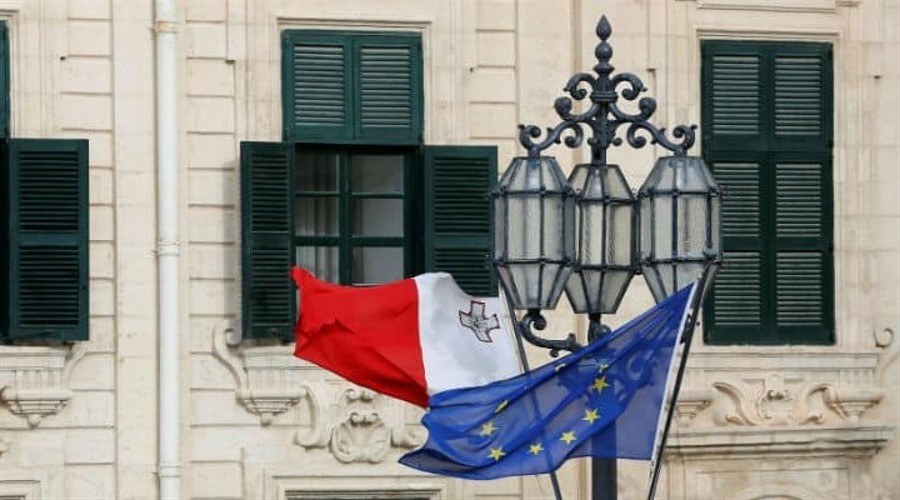Malta’s Financial Services Authority (MFSA) aligning cryptocurrency regulations with Europe’s MiCA
Introduction
Malta’s Financial Services Authority (MFSA) has taken a significant step towards aligning the island’s existing cryptocurrency regulations with Europe’s Markets in Crypto-Assets (MiCA) regulations, which are set to come into effect in December 2024. The MFSA has recently launched a public consultation on the proposed changes, open until 29 September.
Crypto Regulations in Malta
Malta has been at the forefront of cryptocurrency regulation, being one of the early jurisdictions to adopt a comprehensive framework with the establishment of its Virtual Financial Assets (VFA) legislation in 2018. The VFA framework aimed to provide clarity and regulatory certainty for companies operating in the crypto space, including requirements for licensing, investor protection, and anti-money laundering measures.
However, with the upcoming MiCA regulations at the European level, Malta is looking to further harmonize its crypto regulatory framework with the standards set by the EU. This move is seen as crucial for ensuring a level playing field within the European market and enhancing investor protection.
Impact on Malta
The alignment of Malta’s cryptocurrency regulations with MiCA will likely bring about several changes for businesses operating in the crypto sector on the island. Companies will need to ensure compliance with the new regulatory requirements set forth by MiCA, which could include additional licensing obligations, reporting requirements, and stricter oversight by regulatory authorities.
While this may pose some challenges for existing crypto businesses in Malta, it is ultimately aimed at strengthening the regulatory environment and increasing investor confidence in the sector. By aligning with MiCA, Malta can position itself as a transparent and attractive destination for crypto companies looking to establish operations within the EU.
Impact on Individuals
For individuals involved in cryptocurrency trading or investing in Malta, the alignment with MiCA could lead to greater protections and safeguards for their assets. The new regulations may introduce enhanced consumer rights and stricter rules around the marketing and sale of crypto products, providing individuals with more transparency and security when engaging with digital assets.
Conclusion
In conclusion, Malta’s move to align its cryptocurrency regulations with Europe’s MiCA framework marks a significant step towards standardizing regulatory practices within the EU. While this may involve some adjustments for businesses and individuals in Malta’s crypto sector, the overarching goal is to create a more robust and secure environment for all stakeholders involved in the industry.
How will this affect me?
Individuals involved in cryptocurrency trading or investing in Malta can expect greater protections and safeguards for their assets, as well as enhanced consumer rights and transparency in the market.
How will this affect the world?
The alignment of Malta’s cryptocurrency regulations with Europe’s MiCA framework will contribute to the harmonization of regulatory standards within the EU, fostering a more consistent and secure environment for crypto businesses and investors across the region.





